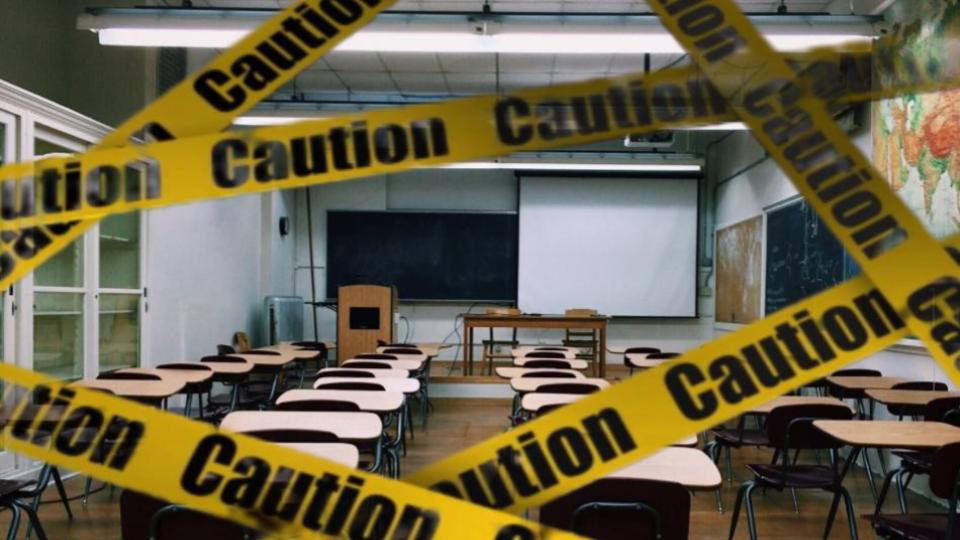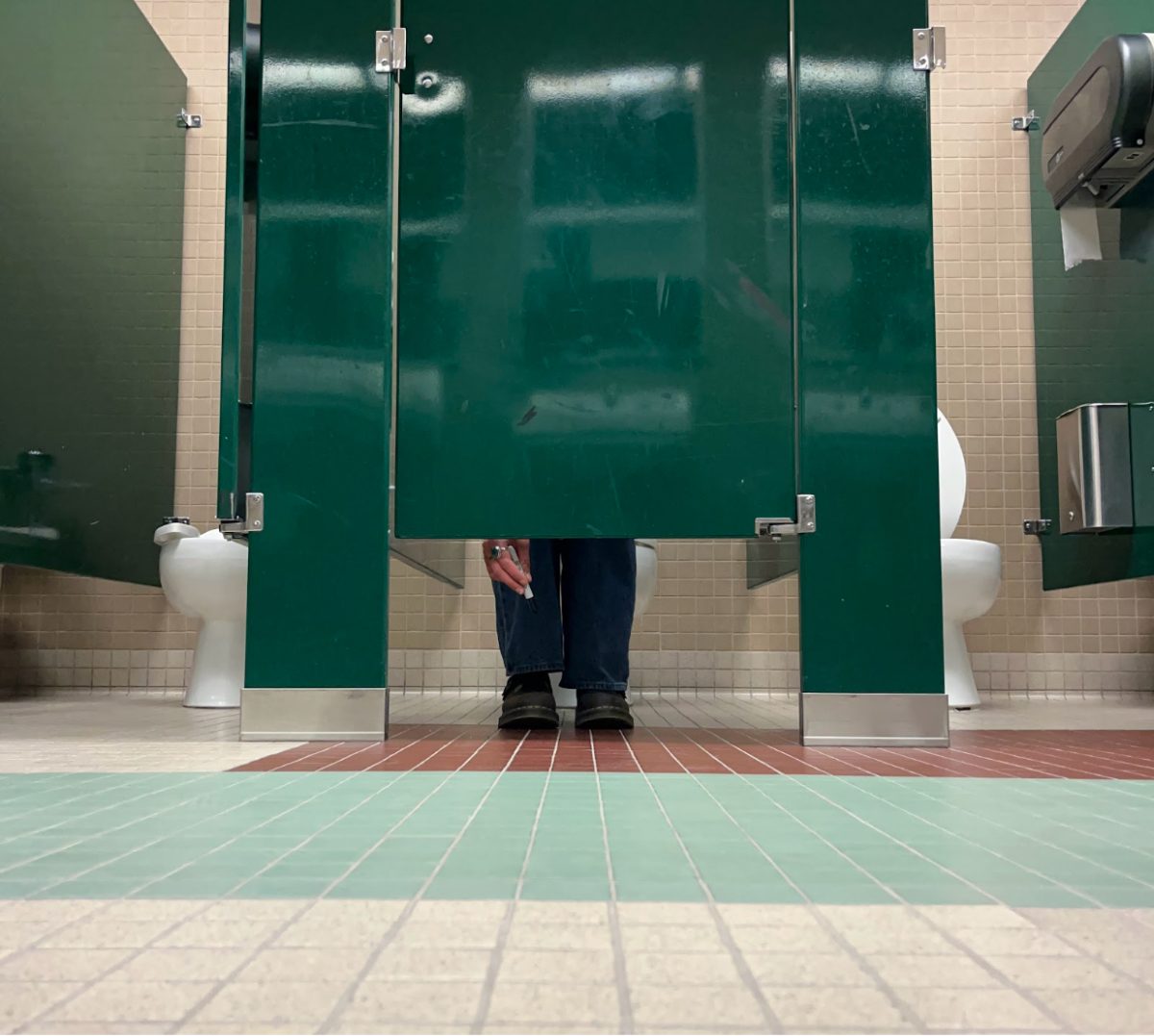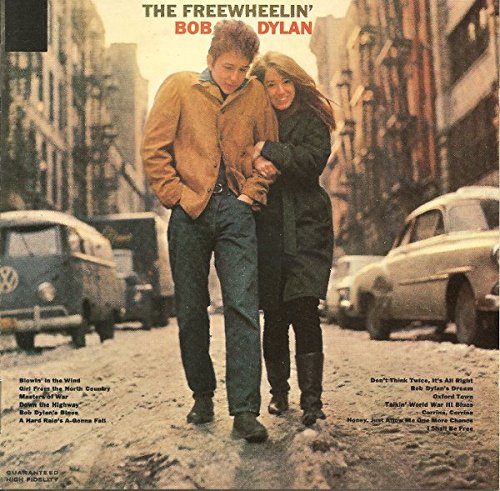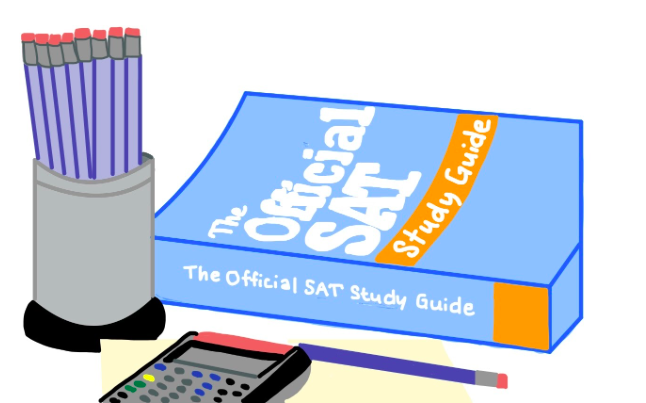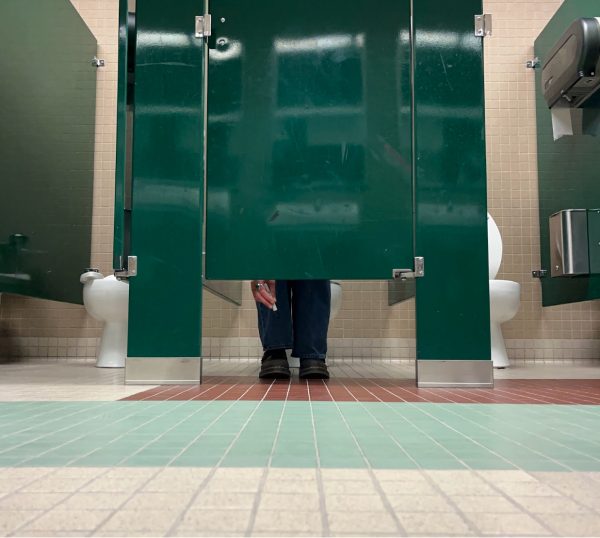How Will Coronavirus Shape the Future of Standardized Testing?
Standardized testing and the college admission process can now be added to the growing list of procedures and norms that have been upended by the coronavirus. High schoolers, already drowning in stress and existential crises are now questioning the future of the SAT and the ACT as these tests pertain to the college admissions process.
The pandemic has caused many SAT and ACT tests across the nation to be postponed and cancelled. In response, many colleges have hit pause on requiring test scores for 2021 applicants. This disorienting change, however, has created more questions than answers, especially with regard to the necessity of the once-sacred standardized college admission test.
In a July 2020 article by Tom Toch, Director of Future Ed, a Georgetown University think tank, he states more than half of all four-year colleges and universities in the country have temporarily waived test requirements for applicants since the onset of the Covid-19 crisis.
Many of these schools have also said they’re going to be test-optional for a three-year trial basis.
“They’ve been falling like dominoes, every week there’s another 10 schools that say they’re test optional too,” said Porte Lewy, owner of Bend College Counseling.
Significant changes have happened close to home in both Oregon and California. The entire Oregon State University system, which includes all public universities in Oregon, has just announced its decision to make testing optional indefinitely. The University of California (UC) system has also announced that it plans to eliminate the requirement for SAT and ACT scores on applications permanently, and might even create their own version of the test. With 300,000 students attending highly distinguished UC schools, their decision to go test-optional will most likely influence university admissions policies across the nation.
For Summit students, the test-optional decision floated by scores of colleges and universities has both benefited and undermined the senior class.
“Because my test scores were mediocre I planned to not apply to as many schools that I wanted to originally,” said Peter Davio, a Storm senior. “But because test scores became optional I was able to apply to all those schools. It brushed a lot of stress off my shoulders.” Senior Natalie Chrisman agreed: “I think becoming test optional makes the whole application process less stressful and not everyone should be defined by their score.”
Tyler Herzig, another Storm senior, experienced the opposite effect. “The fact that schools are going test optional is dumb in my opinion” Herzig said. “I think schools should take test scores because for those who did well on the SAT and ACT, it can help them in the application process.”
While Covid-19 may have been the reason many schools have changed the requirement for test scores, it isn’t the first time these standardized tests have been criticized. In the past, standardized testing has sparked criticism, primarily regarding socioeconomic inequalities.
“According to data from The College Board — the organization that administers the SAT — SAT scores are highest for white and Asian students and test takers whose families make over $200,000 per year. Scores are lowest for black, Native American, and Latino/a students, as well as test takers whose families make less than $20,000,” said Anne Dennon of Best Colleges.
Additionally, higher income students are able to take courses to prepare for the test, often resulting in better scores. Furthermore, the $50 test fee is often out of reach for some students, especially if they need to take the test more than once.
The College Board and ACT claim that the inequalities in test results come from existing gaps in the American educational system, and that it is not the fault of the test itself. They believe that the tests are the best way to assess students across America in different schools and states.
The purpose of the SAT is to measure a high school student’s readiness for college, and provide colleges with one common data point that can be used to compare all applicants. How important SAT scores are in the college application process varies from school to school, according to the Princeton Review.
Students and parents put a lot of emphasis on test scores, but their importance is a lot less than people think, according to Bend’s Lewy. “The most important thing that colleges are looking at is what is the rigor of the classes you’ve taken, given the context of your high school, and your GPA,” Lewy said. Lewy also noted that colleges look at how much students have challenged themselves and how engaged they have been within their high school and community.
Students currently put in a lot of time, preparation, and money to meet various institutions test score requirements. While nothing is set in stone right now, Covid-19 just might be the tipping point that ends the long reign of college entrance exams such as the SAT and ACT.

Wesley Gilbride is a senior at Summit High School, it’s her second year with the Summit Pinnacle and first year as the Crest Editor. When she isn’t drowning in homework, college apps, or coming up...


















